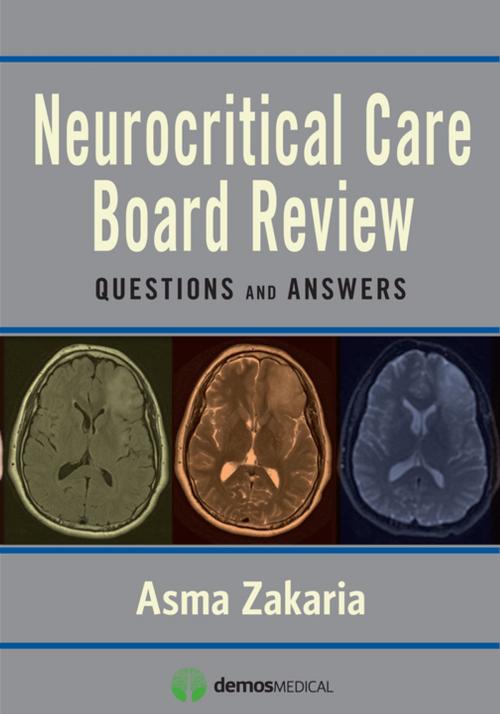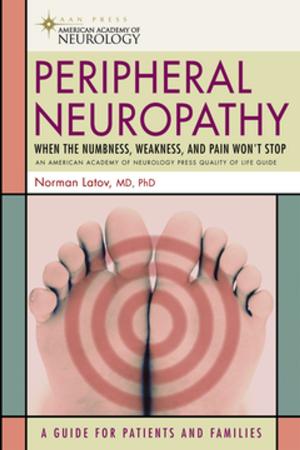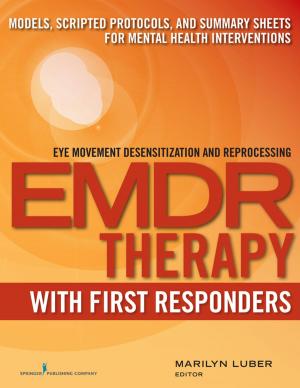Neurocritical Care Board Review
Questions and Answers
Nonfiction, Health & Well Being, Medical, Specialties, Internal Medicine, Neurology| Author: | ISBN: | 9781617050336 | |
| Publisher: | Springer Publishing Company | Publication: | July 19, 2013 |
| Imprint: | Demos Medical | Language: | English |
| Author: | |
| ISBN: | 9781617050336 |
| Publisher: | Springer Publishing Company |
| Publication: | July 19, 2013 |
| Imprint: | Demos Medical |
| Language: | English |
Neurocritical Care Board Review: Questions and Answers provides clinicians with a thorough review of the complex subspecialty of Neurocritical Care, using a question-and-answer (Q&A) format. The Q&A format is easily readable, high yield, and serves as good practice for test takers or anyone looking to improve or reinforce essential knowledge. The book covers the key topics pertinent to (and found on) neurocritical care boards, and is organized according to the exam core curriculum outline.. A total of 649 questions address both neuroscience critical care (general neurology, neurotrauma, neurovascular and neurosurgical problems) and general critical care topics (systems trauma, cardiovascular, infectious disease, pulmonary and renal issues, and hemodynamic monitoring). Detailed explanations follow in the answer section of each chapter, along with references for further study. Where relevant, neuroimaging, EEG and monitoring waveforms, and other images are included in case questions to allow candidates to familiarize themselves with these tools that form a significant part of the exam.
Features of Neurocritical Care Board Review include:
- Comprehensive, high-yield review that covers all areas tested on the neurocritical care certifying exam
- Applicability to a wide range of physicians in multiple specialties reviewing for boards or looking to test skills and clinical acumen in this challenging area
- Question and answer format with detailed explanations and references to facilitate recall of must-know information and help identify knowledge gaps for further attention
- Material aggregated from multiple specialties into a singular resource for exam study
Neurocritical Care Board Review: Questions and Answers provides clinicians with a thorough review of the complex subspecialty of Neurocritical Care, using a question-and-answer (Q&A) format. The Q&A format is easily readable, high yield, and serves as good practice for test takers or anyone looking to improve or reinforce essential knowledge. The book covers the key topics pertinent to (and found on) neurocritical care boards, and is organized according to the exam core curriculum outline.. A total of 649 questions address both neuroscience critical care (general neurology, neurotrauma, neurovascular and neurosurgical problems) and general critical care topics (systems trauma, cardiovascular, infectious disease, pulmonary and renal issues, and hemodynamic monitoring). Detailed explanations follow in the answer section of each chapter, along with references for further study. Where relevant, neuroimaging, EEG and monitoring waveforms, and other images are included in case questions to allow candidates to familiarize themselves with these tools that form a significant part of the exam.
Features of Neurocritical Care Board Review include:
- Comprehensive, high-yield review that covers all areas tested on the neurocritical care certifying exam
- Applicability to a wide range of physicians in multiple specialties reviewing for boards or looking to test skills and clinical acumen in this challenging area
- Question and answer format with detailed explanations and references to facilitate recall of must-know information and help identify knowledge gaps for further attention
- Material aggregated from multiple specialties into a singular resource for exam study















